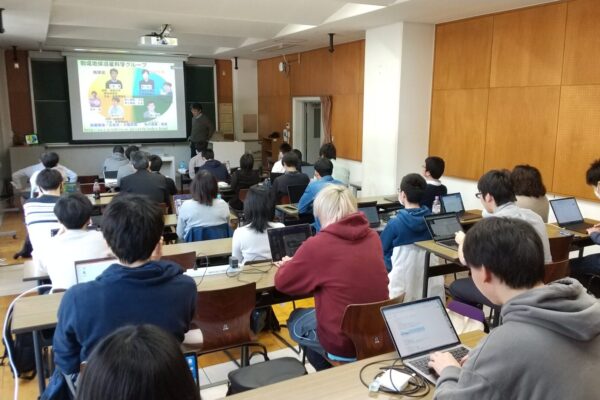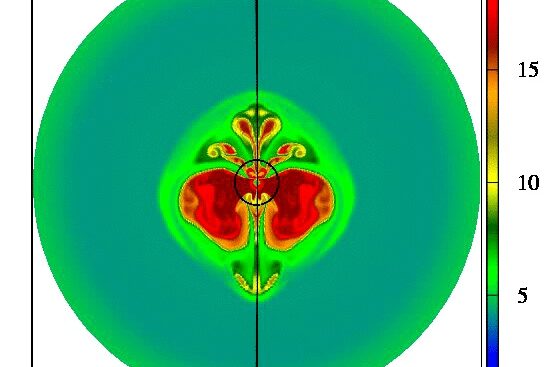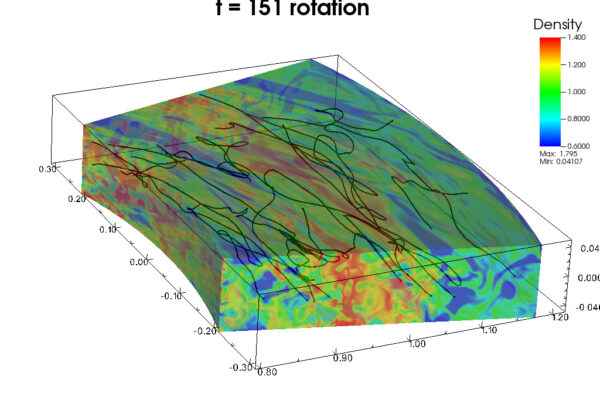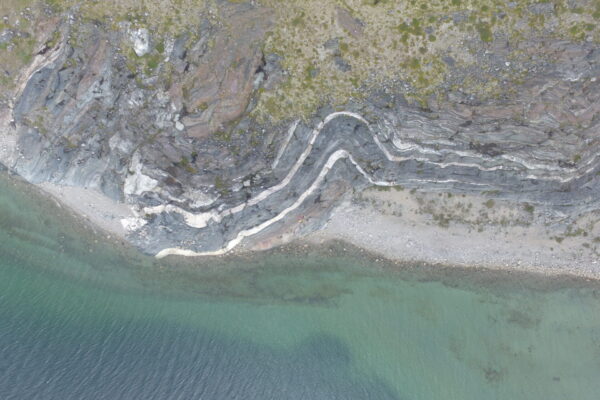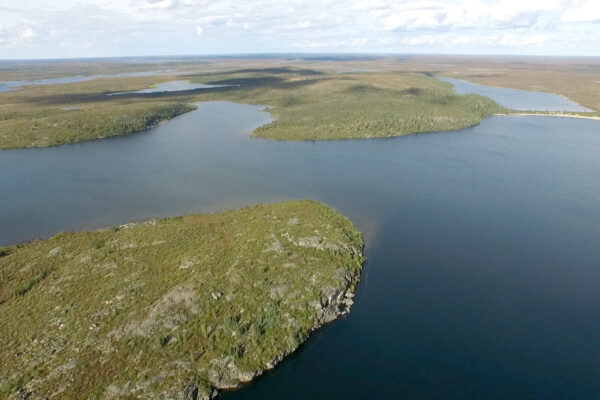About our department
We engage in a wide range of research topics from astronomy to earth and planetary sciences, with both groups working together in collaboration.
The Astronomy group is comprised of researchers in a broad range of fields, including theoretical astrophysics and infrared observational astronomy. In particular, they are working on research topics such as the transport mechanism of solar and celestial plasma, the evolution of proto-planetary systems and planetary discs, the driving mechanisms of supernova explosions, multi-messenger astronomy combining photons, neutrinos, and gravitational waves, the structure of rapidly-rotating compact stars and high-energy phenomena caused by them, and the formation of binary black holes as gravitational wave sources based on the evolution of stars and binary systems.
The Earth and planetary science group is conducting research to elucidate the origin and evolution of the Earth, other planets in and outside the solar system, and other celestial bodies using material science and computational science methods. Currently, four faculty members are enrolled in the group, leveraging each other’s strengths and characteristics to closely collaborate and conduct research and educational activities. Specifically, they are involved in deciphering the solid interior of the Earth from its birth to 500 million years ago, continental growths, the evolution of the atmosphere, oceans, and life, as well as exploring the presence, quantities, and industrial usability of water on the moon and Mars. The group has generated original researches such as evidence of the oldest plate tectonics, traces of life activity, and the presence of water on the moon.

